The Association of the Blind in Binh Duong province recently reported difficulties in paying social insurance for employees working at massage establishments. According to this unit, because the monthly salary is lower than the regional minimum wage, massage establishments must pay social insurance for employees to reach the prescribed rate of 10.5%.
This is causing many difficulties and obstacles to maintaining activities, creating jobs and helping blind people stabilize their lives and integrate into society.
Faced with this reality, the Binh Duong Blind Association recommends that the Ministry of Finance consider advising on a preferential tax exemption policy for production facilities (such as toothpicks, brooms and handicrafts) of the Association; at the same time, consider exempting or reducing special consumption tax for massage facilities organized and managed by the Association.
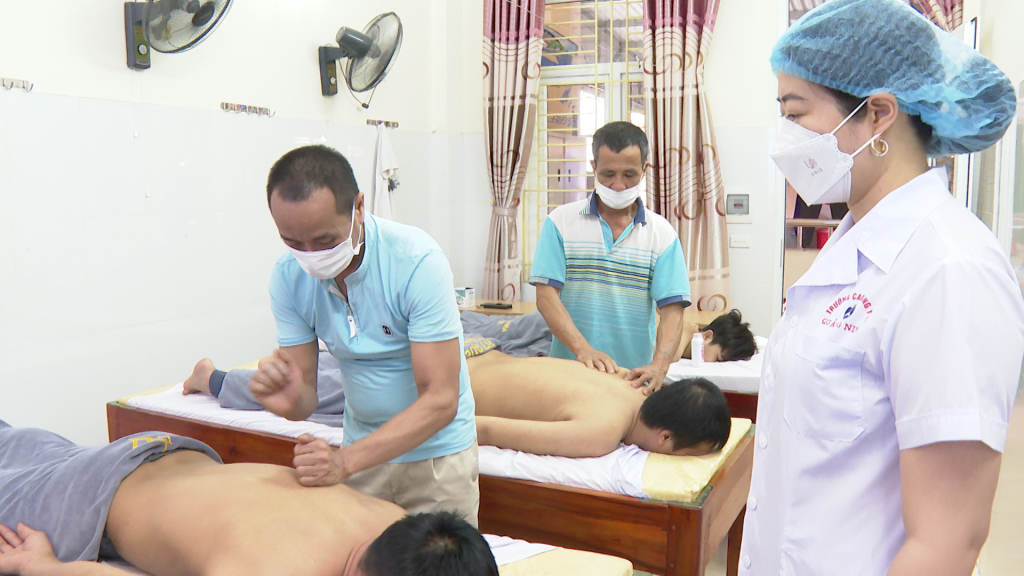
Illustration photo. (Source: ST)
Regarding the proposal to exempt taxes for production establishments (such as toothpicks, brooms and handicrafts), the Ministry of Finance said: Currently, tax incentives are stipulated in tax laws and are under the authority of the National Assembly .
According to the Ministry of Finance, the current tax incentive policy is applied uniformly throughout the country, equally among enterprises and organizations investing in production and business activities in Vietnam, without distinguishing between domestic and foreign investment.
Current tax laws specifically stipulate preferential fields and areas, focusing on incentives in areas with difficult or especially difficult socio-economic conditions and investment-encouraged fields such as science and technology, high technology, socialization, agriculture, environment, etc.
For toothpick, broom and handicraft production facilities of the Binh Duong Association of the Blind, if they meet the preferential conditions in terms of field and location, they will enjoy corresponding incentives according to the actual conditions met.
In addition, the Law on Corporate Income Tax (CIT) stipulates tax exemption for: income from production and trading of goods and services of enterprises with 30% or more of the average number of employees in the year being people with disabilities, people after drug rehabilitation, people infected with the virus causing acquired immunodeficiency syndrome in humans (HIV/AIDS) and with an average number of employees in the year of twenty or more, excluding enterprises operating in the fields of finance and real estate business.
The Law also provides tax exemption for vocational training activities specifically for ethnic minorities, the disabled, children in especially difficult circumstances, and those with social evils; The funding received is used for educational activities, scientific research, culture, art, charity, humanitarian and other social activities in Vietnam.
The Corporate Income Tax Law also stipulates: Applying a tax rate of 17% for 10 years, tax exemption for no more than two years and a 50% reduction in tax payable for no more than the next four years for enterprise income from implementing new investment projects, including: …, developing traditional industries.
The Ministry of Finance said: In recent times, the impact of the Covid-19 pandemic and the impact of international economic and political issues have seriously affected the country's socio-economic development, business production activities of enterprises and people's lives.
According to its management function, the Ministry of Finance has proactively researched, proposed, submitted to competent authorities as well as issued legal documents under its authority to implement solutions in the financial sector, especially solutions on extending, exempting and reducing taxes, fees, charges and land rents; exempting and reducing corporate income tax, value added tax, personal income tax, import tax, environmental protection tax, and many other fees, charges and land rents to support businesses (including establishments producing toothpicks, brooms and other handicrafts...), people and the economy.
Regarding the proposal to consider exemption or reduction of special consumption tax for massage establishments, the Ministry of Finance affirmed: The Law on Special Consumption Tax (SCT) does not stipulate tax reduction or exemption for goods and services subject to SCT. Regarding authority, the adjustment of SCT rates is under the authority of the National Assembly, so it must be submitted to the National Assembly for consideration and decision.
Currently, the draft Law on Special Consumption Tax (amended) has been included in the Law and Ordinance Development Program for 2025, added to the Law and Ordinance Development Program for 2024, submitted to the National Assembly for comments at the 8th session (October 2024) and approved at the 9th session (May 2025). Regarding this proposal, the Ministry of Finance will coordinate with ministries and branches to study and synthesize during the process of developing the draft Law on Special Consumption Tax (amended).
Source: https://www.congluan.vn/co-so-xoa-bop-nguoi-mu-phai-ganh-thue-tieu-thu-dac-biet-bo-tai-chinh-noi-gi-post316603.html


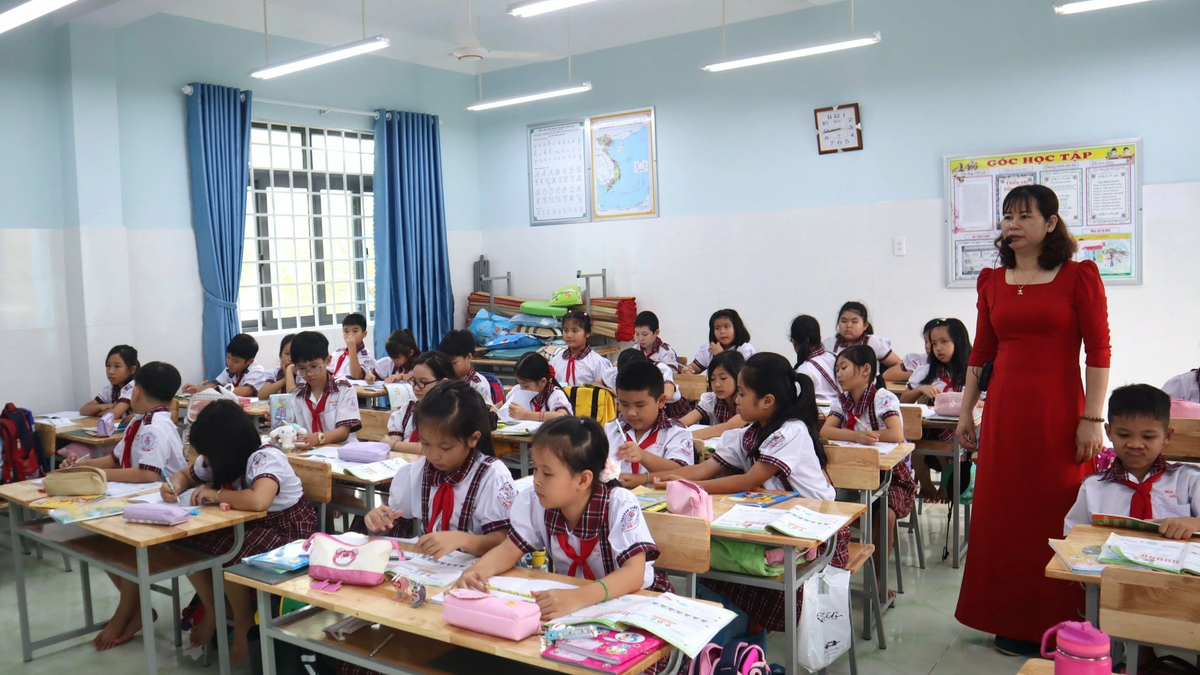
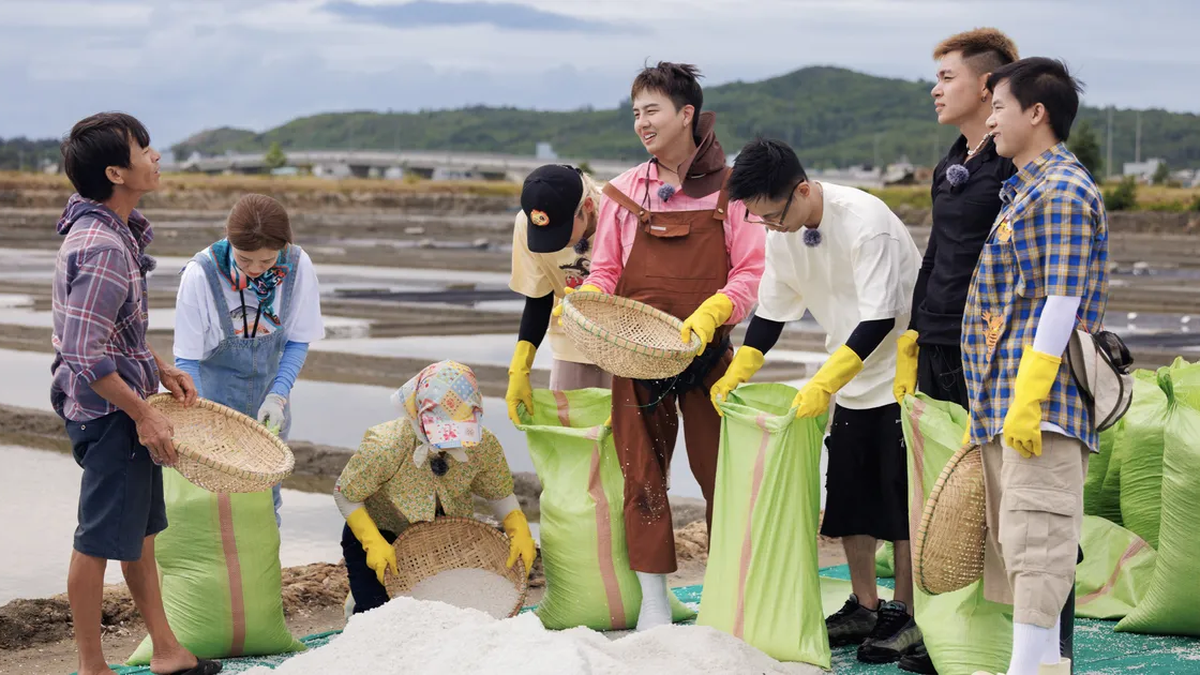
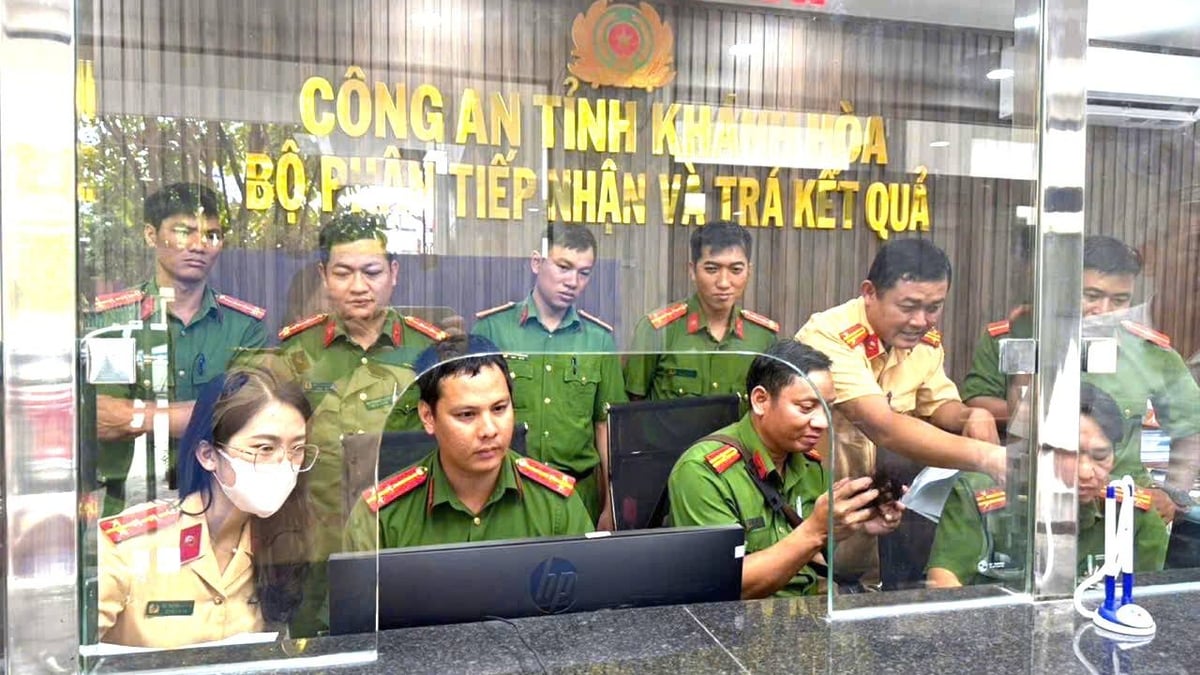
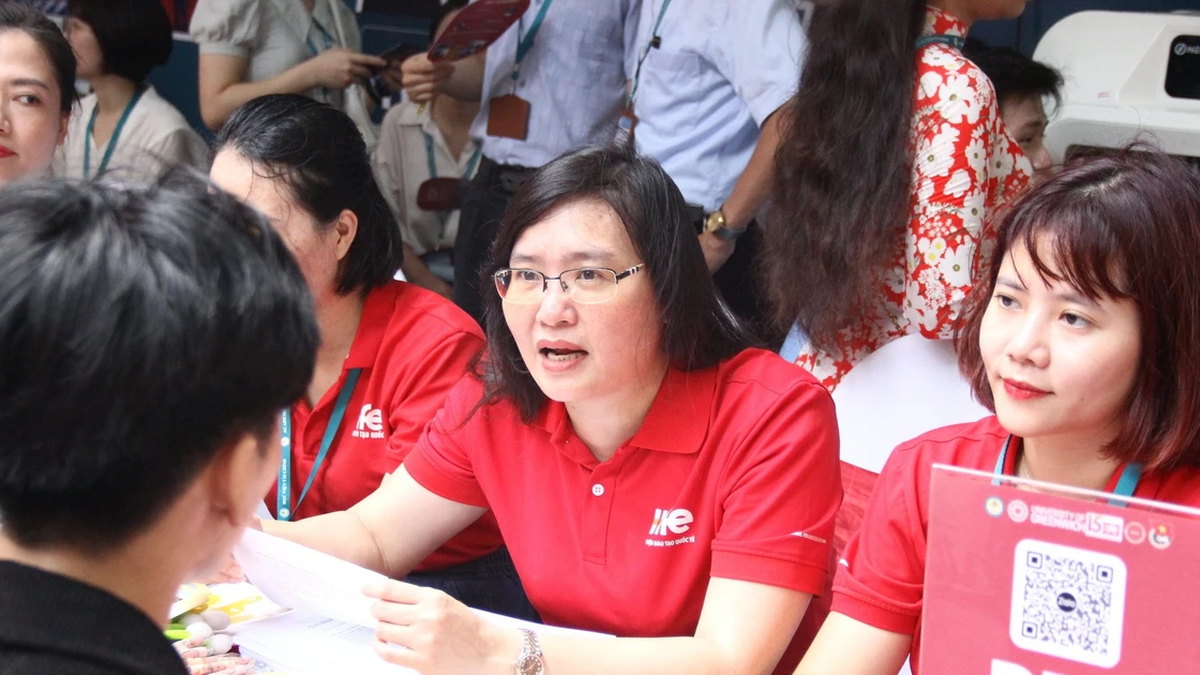

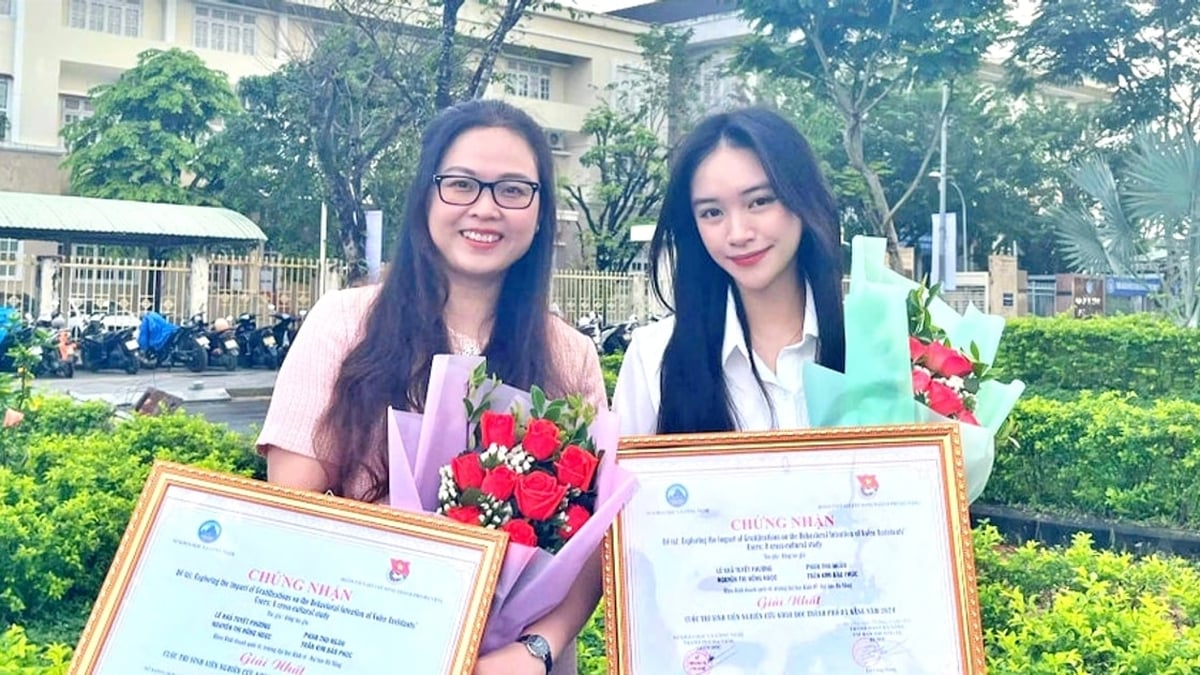
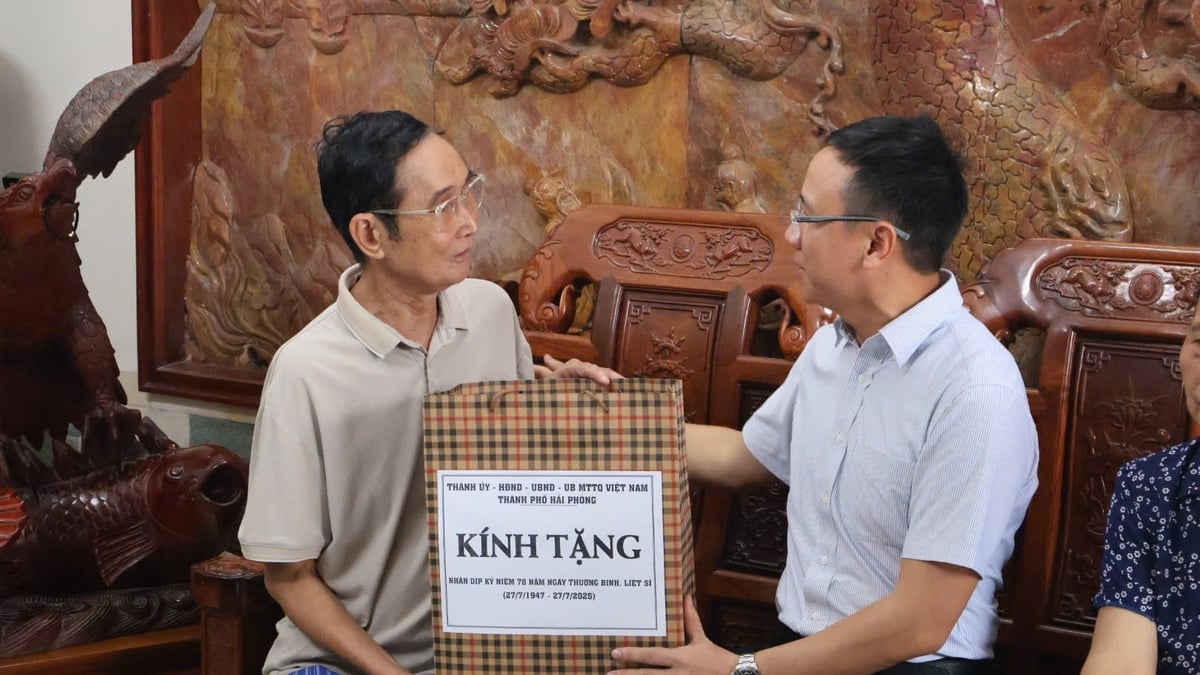
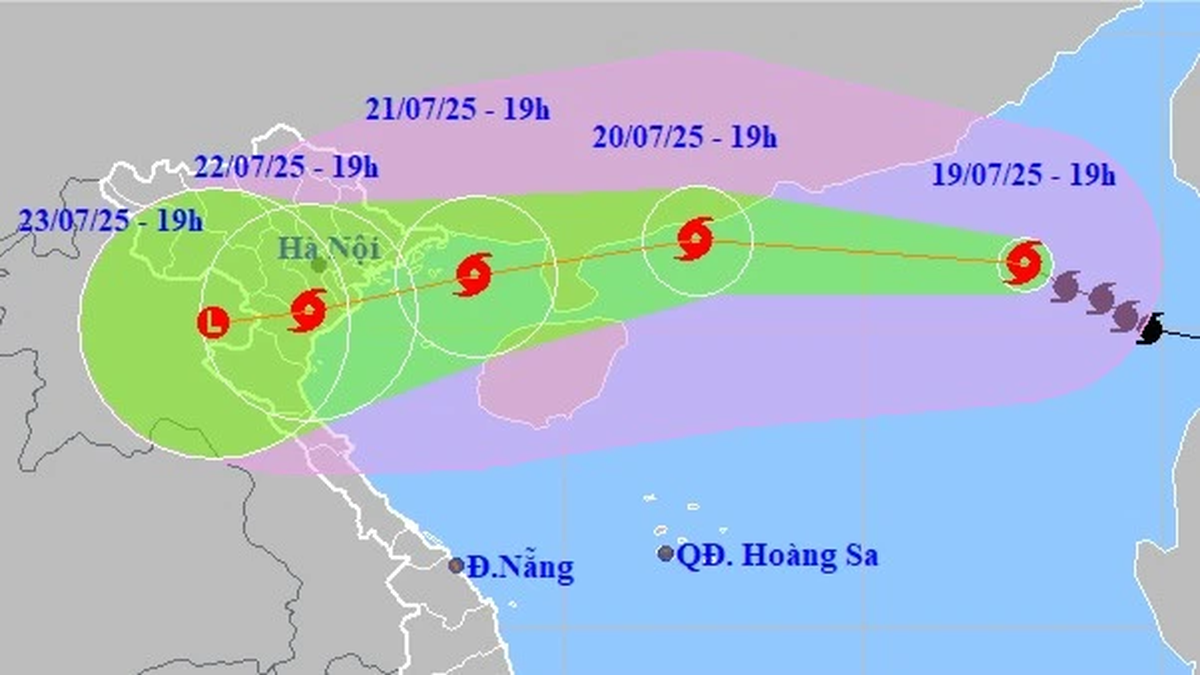
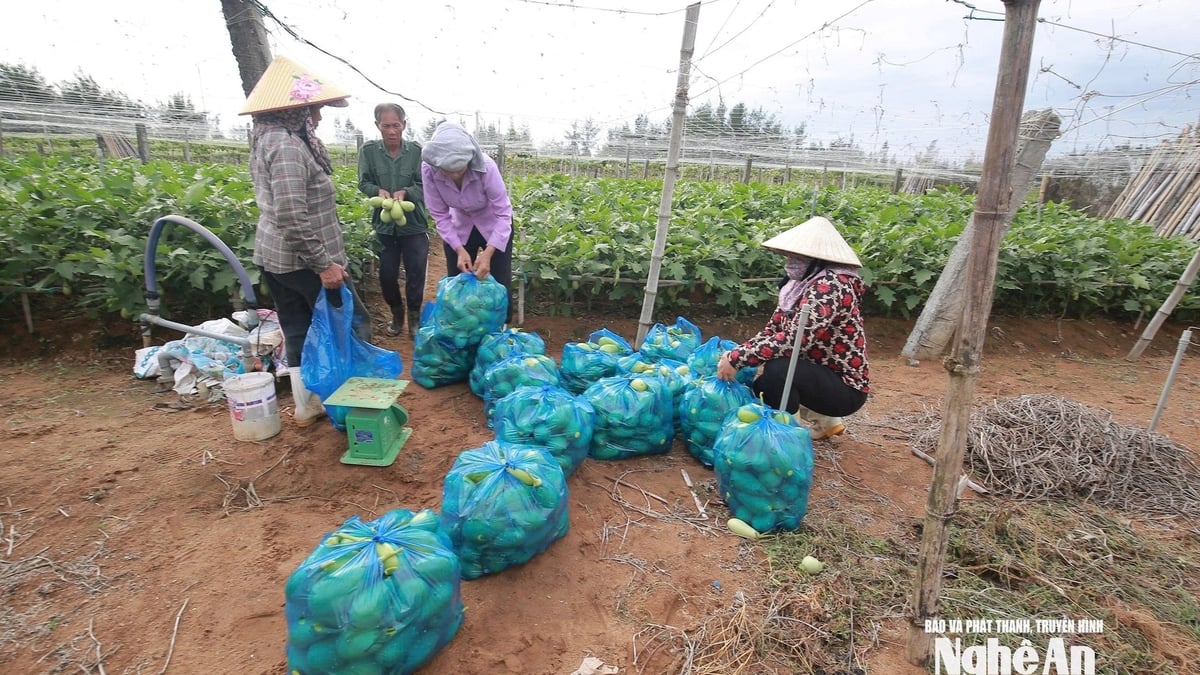
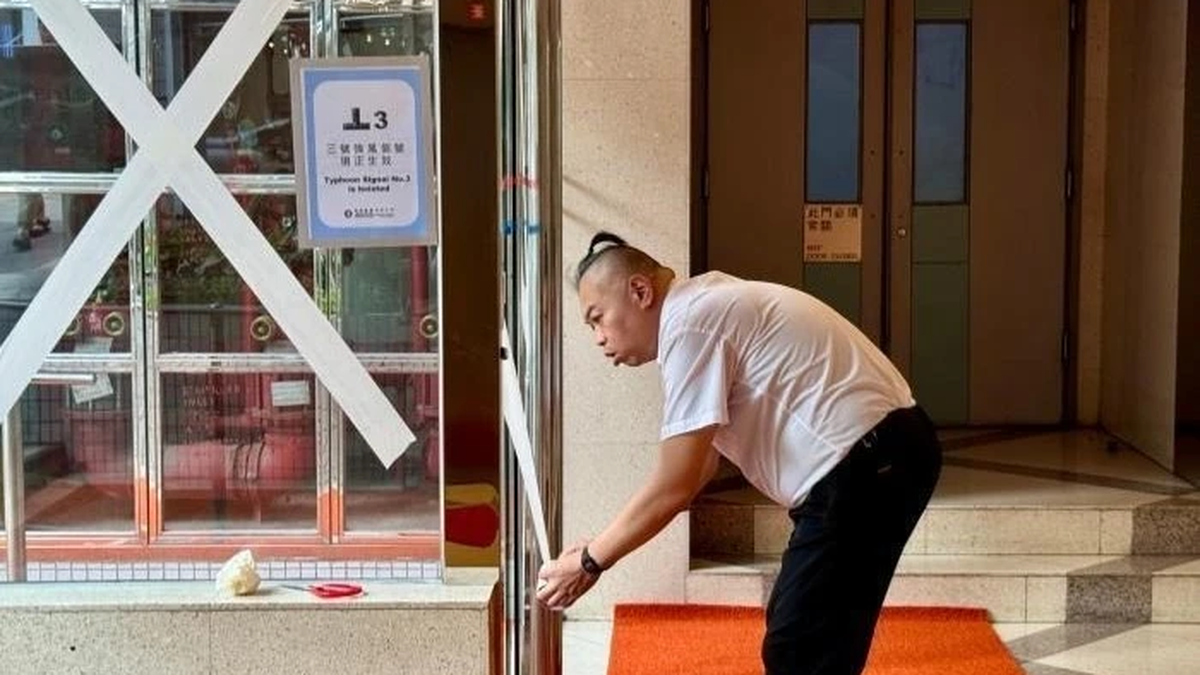


















![[Photo] National Assembly Chairman Tran Thanh Man visits Vietnamese Heroic Mother Ta Thi Tran](https://vphoto.vietnam.vn/thumb/1200x675/vietnam/resource/IMAGE/2025/7/20/765c0bd057dd44ad83ab89fe0255b783)





































































Comment (0)